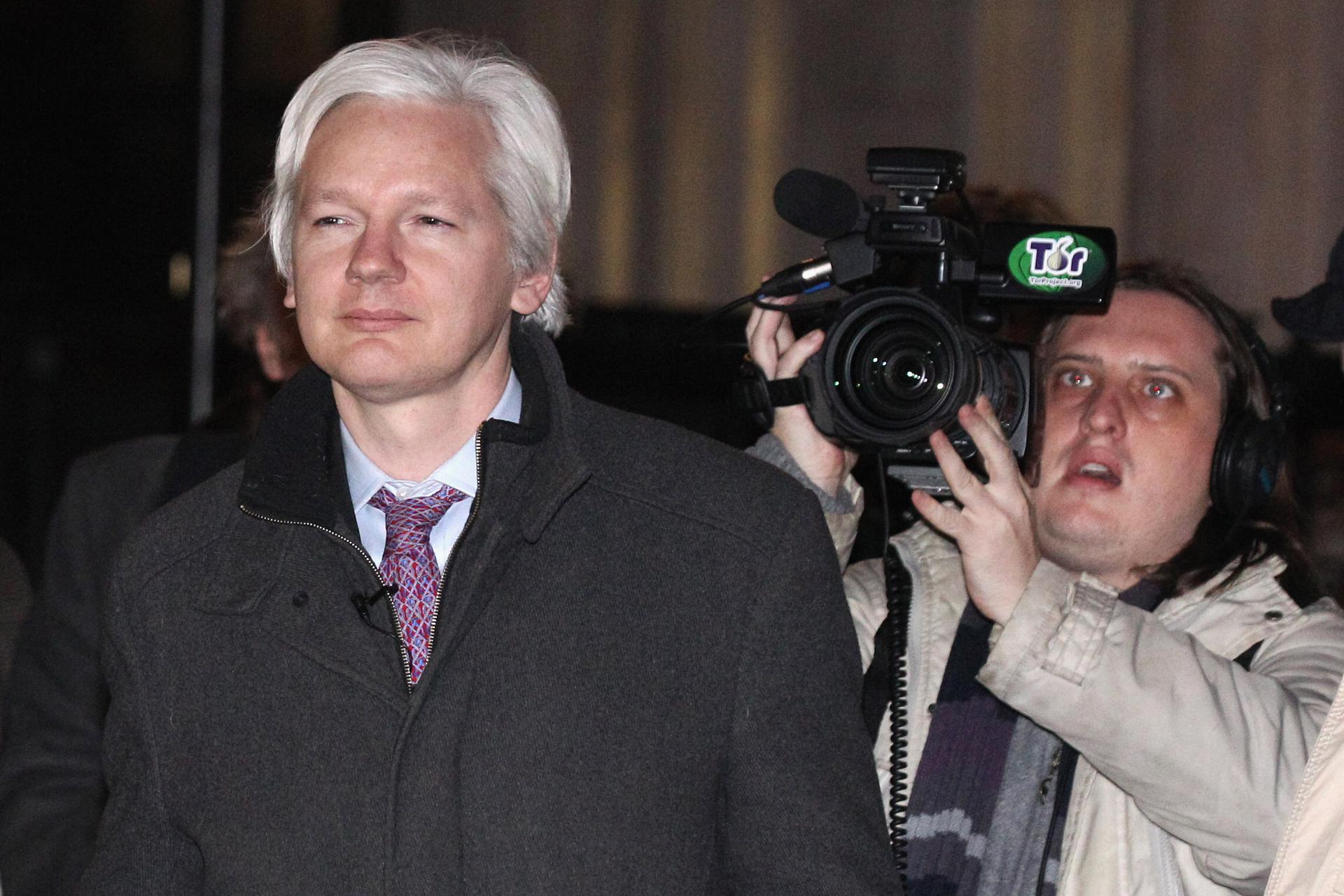Whistleblowers who changed the world
Julian Assange, left, the founder of whistle-blowing website WikiLeaks, leaves the Supreme Court today in London.
They've leaked confidential information on the Vietnam War, cigarette addiction, President Nixon and so much more. Some are called heroes while others are vilified. But no matter what, the information these whistle-blowers gave us changed how we look at governments and corporations.
The recent troubles of Julian Assange, while not himself a whistle-blower, highlights the long and controversial history of those who called public attention to some of the world's best kept and most dangerous secrets.
Here's a look back at five whistleblowers who changed the world.
Was it for good or ill? You decide.
![]()
Dr. Daniel Ellsberg speaks to reporters on Dec. 22, 2011, at Fort Meade, Maryland. Dr. Ellsberg was a US military analyst who, while employed by the RAND Corporation in 1971, leaked to The New York Times the Pentagon Papers, a top-secret Pentagon study of US government decision-making on to the Vietnam War from 1945 to 1967. The papers showed the US government had lied about its involvement in Vietnam. (Paul J. Richards/APF/Getty Images)
![]()
Israeli nuclear whistle-blower Mordechai Vanunu is seen next to a placard in Hebrew text that reads, “He revealed the truth,” in East Jerusalem on April 15, 2005. Vanunu leaked to the Sunday Times of London information that proved Israeli had developed a clandestine nuclear program. (Gali Tibbon/AFP/Getty Images)
![]()
Army Private Bradley Manning is escorted from a military court at the end of the first of a three-day motion hearing on June 6, 2012 in Fort Meade, Maryland. Manning, an Army intelligence analyst, leaked hundreds of thousands of classified US documents via WikiLeaks in 2010. Some were diplomatic cables that, many claim, helped instigate the Arab Spring. (Alex Wong/Getty Images)
![]()
Dr. Jeffrey S. Wigand (R) is joined by Mayor Michael R. Bloomberg in Union Square Park in New York City on Oct. 9, 2002. Wigand leaked to CBS’s “60 Minutes” on Feb. 4, 1996, information that tobacco corporation Brown & Williamson added addictive and cacogenic chemicals to their cigarettes. Many big tobacco companies were forced to testify before Congress as a result. (Adam Rountree/Getty Images)
![]()
Former FBI official W. Mark Felt waves to reporters with his daughter Joan Felt on May 31, 2005, in Santa Rosa, California. Felt, aka “Deep Throat,” was the anonymous source who leaked secrets to the Washington Post on President Nixon’s Watergate cover up in the early 1970s. Facing threats of impeachment, Nixon resigned the presidency to Gerald Ford, who pardoned Nixon. (Justin Sullivan/Getty Images)
The story you just read is accessible and free to all because thousands of listeners and readers contribute to our nonprofit newsroom. We go deep to bring you the human-centered international reporting that you know you can trust. To do this work and to do it well, we rely on the support of our listeners. If you appreciated our coverage this year, if there was a story that made you pause or a song that moved you, would you consider making a gift to sustain our work through 2024 and beyond?
